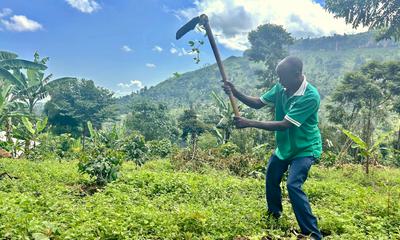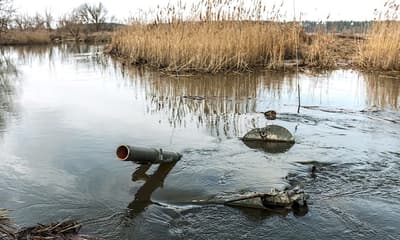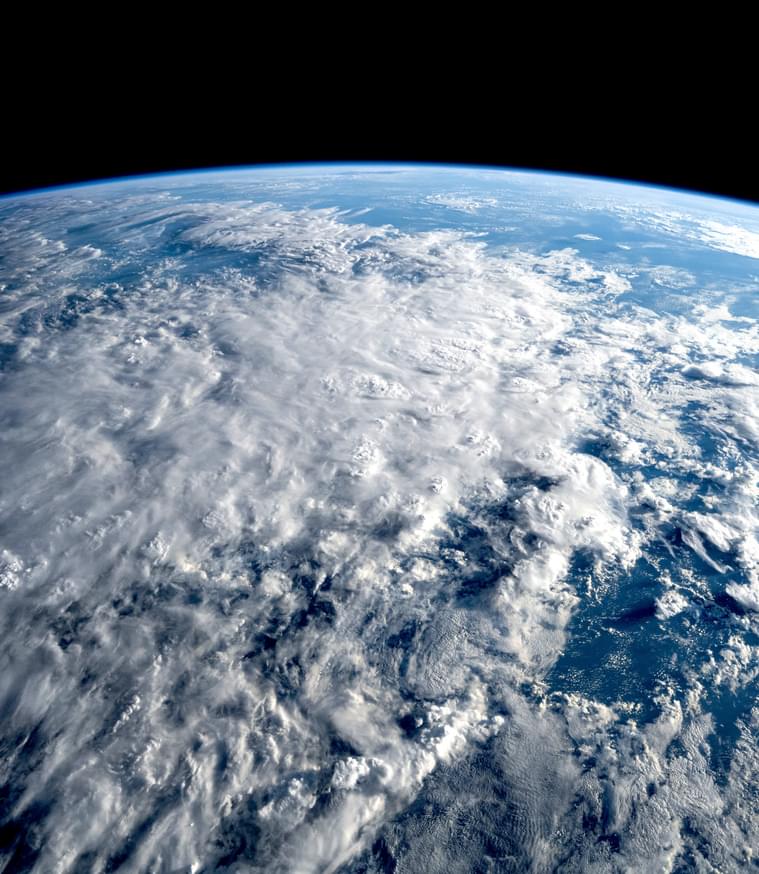
Food & Agriculture
In Uganda, Deadly Landslides Force an Agricultural Reckoning
As growing populations denude its slopes and heavy rain intensifies, Mount Elgon has become increasingly vulnerable to landslides. In response, Ugandan farmers are planting native trees and changing the crops they plant in efforts to build resilience against future disasters.
-
INTERVIEW
Pakistan’s Solar Revolution Is Bringing Power to the People
Fed up with pricey electricity from an unreliable grid, Pakistanis have snapped up cheap solar panels. In an interview, Muhammad Mustafa Amjad, of Islamabad-based Renewables First, says his country can stand as a model for other nations as they transition away from fossil fuels.
-
Energy
Why U.S. Geothermal May Advance, Despite Political Headwinds
The Trump administration is outwardly hostile to clean energy sourced from solar and wind. But thanks to close ties to the fossil fuel industry and new technological breakthroughs, U.S. geothermal power may survive the GOP assaults on support for renewables and even thrive.
-
Food & Agriculture
In War Zones, a Race to Save Key Seeds Needed to Feed the World
In conflict areas from Ukraine to Palestine, storage facilities holding seeds vital for future plant breeding are being lost. Scientists are rushing to send some remaining seeds to a “doomsday” vault in Norway so they can be available to provide food crops in a warming world.
Climate
Lightning Strikes the Arctic: What Will It Mean for the Far North?
A warmer world is expected to bring more thunderstorms, especially at higher latitudes. Scientists are now reporting a dramatic surge in lightning in the Far North and are scrambling to parse how this could affect wildfires, the chemistry of the atmosphere, and Arctic ecosystems.
E360 Digest
-
In a First, Solar Was Europe's Biggest Source of Power Last Month
For the first time, solar was the largest source of electricity in the EU last month, supplying a record 22 percent of the bloc's power. More about In a First, Solar Was Europe's Biggest Source of Power Last Month →
-
Koalas Spend Just 10 Minutes a Day on the Ground — That's Usually When They're Killed
Koalas, which spend most of their lives high up in eucalyptus trees, usually die while on the ground, often mauled by dogs or hit by cars. More striking, a new study reveals that the amount of time they spend on the ground is only around 10 minutes a day. More about Koalas Spend Just 10 Minutes a Day on the Ground — That's Usually When They're Killed →
-
With 'Big Beautiful Bill,' U.S. to Reverse Course on Clean Energy
The Republican spending bill, signed into law Friday, will reset the course for the U.S. energy sector, analyses show. The law rapidly phases out tax credits for wind, solar, and electric cars, while making it cheaper to drill and mine for fossil fuels on federal lands. More about With 'Big Beautiful Bill,' U.S. to Reverse Course on Clean Energy →
Never miss an article. Subscribe to the E360 Newsletter for weekly updates delivered to your inbox. Sign Up.

NATURAL DEFENSES
How Restored Wetlands Can Protect Europe from Russian Invasion
The flooding of Ukraine’s Irpin valley thwarted Russia’s assault on Kyiv in 2022. Now, scientists are proposing Europe create a band of restored and protected wetlands along its eastern borders to deter future Russian aggression, and military strategists are taking notice.
-
RIVERS
A Win for Farmers and Tribes Brings New Hope to the Klamath
In the long-contentious Klamath River watershed, an experiment that turned a barley field into a wetland not only improved water quality. It also offered a path forward for restoring populations of two endangered fish species that are of cultural importance to Native tribes.
-
Solutions
Deconstructing Buildings: The Quest for New Life for Old Wood
A growing number of cities have launched initiatives to reuse the wood waste from construction and demolition that now ends up in landfills. The challenge, proponents say, is to deploy new techniques for disassembling old buildings and markets for repurposing the salvaged wood.
-
Solutions
Birds vs. Wind Turbines: New Research Aims to Prevent Deaths
Window collisions and cats kill more birds than wind farms do, but ornithologists say turbine impacts must be taken seriously. Scientists are testing a range of technologies to reduce bird strikes — from painting stripes to using artificial intelligence — to keep birds safe.

